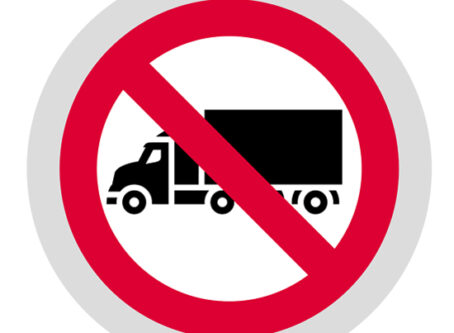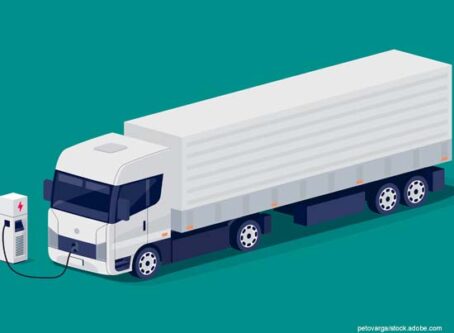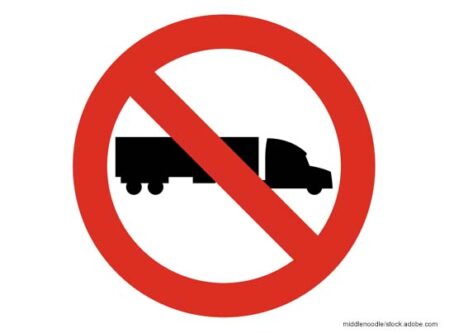Washington state releases strategic rest area plan
An updated safety rest area strategic plan has been released by the Washington State Department of Transportation.
Public comments will be accepted through the end of the month.
A WSDOT news release said the strategic plan was last updated in 2008 and, “the needs of travelers have changed and continue to evolve while the state’s 47 aging safety rest area facilities need significant repair and improvements.”
Steps of the 2023 plan include:
- Addressing core focus areas, including safety, financially sustainable operations, customer experience, truck parking and resiliency by providing an overview and strategies for each area
- Introducing the concept of piloting new site designs, including urban locations with limited RV parking, expanded commercial truck parking, additional safety amenities and commercial truck-only facilities
- Establishing criteria such as crash data, usage, availability of alternative locations, truck parking needs and usage needs by customers to evaluate each location as part of the state’s overall-modal transportation system
- Sharing possible strategies and next steps
The draft plan does not call for closing any existing sites or any new locations.
The plan rated 87% of the state’s rest area facilities as being in “critical condition,” while more than half of the rest area buildings will be 50 years or older by 2031.
In 2022, WSDOT conducted a public outreach in which it received more than 5,000 comments. Those comments were considered in the most-recent rest area plan, said the agency.
In addition to the online comment form, feedback can also be submitted by email to wsdotsafetyrestareas@wsdot.wa.gov; voicemail at 360-705-7784; or mailed to:
WSDOT Safety Rest Area Strategic Planning Team
310 Maple Park Avenue SE
P.O. Box 47328
Olympia, WA 98504
New state legislation
In July, a first-of-its-kind law intended to give truck drivers access to restrooms took effect in Washington state.
OOIDA along with the Washington Trucking Associations and American Trucking Associations played a vital role in educating legislators about this basic human need. LL
More Land Line news from Washington.









